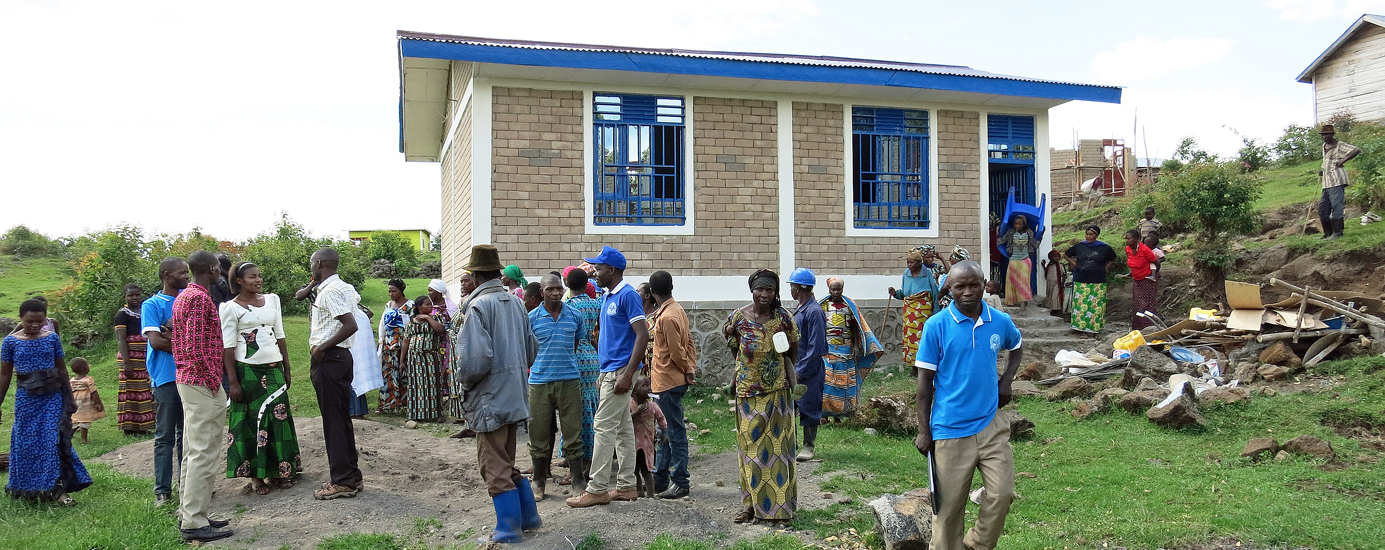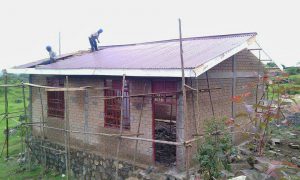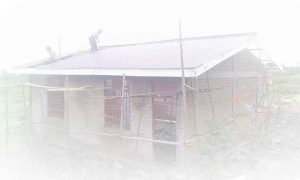Bunagana, is a small town in eastern Democratic Republic of the Congo (DR Congo), where the borders of Uganda, Rwanda, and DR Congo meet. Because of its borders Bunagana is strategically important during times of war. Bunagana served as the headquarters of the M23 rebel militia until late 2013. In 2012 the rebels experienced heavy defeats by the Congolese army and UN forces, they fled and their numbers have drastically been reduced. (ref *1)
During the 1994 Rwandan Genocide the violence and killing spilled into the DR Congo and Bunagana being so close to the Rwandan border experienced extensive violence. Many of the refugees we have worked with are from Bunagana.
Women living in a society recovering from a lengthy war often have little or no formal education. During war girls often have their education interrupted or are not given the opportunity to start school. During war girls often drop out of school because it becomes too dangerous to travel to classes. In some cases, this accelerates early marriage. School attendance is further discouraged when the absence of males means greater workloads for women and girls. This is particularly true when, in the absence of both parents, adolescent girls take over as heads of their households.
We, in partnership with Coburwas, will provide women living in Bunagana the opportunity to start or continue their education. The project will construct three school buildings. Building one will be finished in 2017, with first classes and meetings starting in September 2017. Funding permitting construction on buildings two and three will start in early 2018.
The school will offer business skills, job training, domestic abuse prevention, health and nutrition information, and peace building classes. The curriculum will be adjusted as dictated by Coburwas, teachers, students, community needs, and Peopleweaver.
Girls who are not in school or want to broaden their knowledge will be encouraged to attend. Student fee contribution will be small or free, no one will be turned away because they cannot contribute. Various contribution strategies will be in place for individuals to use as payment; such as school maintenance and community work.
In the DR Congo, only 51 percent of young women age 15-24 years are literate, a figure that falls to only 28 percent for women from the poorest areas. (Brookings, Data from 2010 Multiple Indicator Cluster Survey)
Woman talks about need for women & girl education - interpreted at end of video. (Bunagana, DR Congo)


